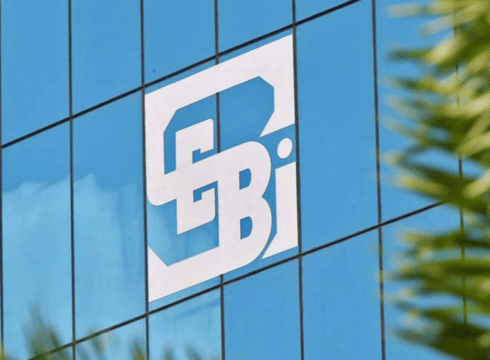SEBI is at the preliminary stage of the discussions where it is considering measures to monitor the use of funds by these firms while imposing stricter due diligence guidelines for merchant bankers.
Besides, it is reviewing steps like mandating a longer track record of profitability and greater scrutiny of financial statements
The measures are in response to incidents of fraud and stock price manipulation in this segment
Inc42 Daily Brief
Stay Ahead With Daily News & Analysis on India’s Tech & Startup Economy
Amid a surge in micro-cap initial public offerings (IPOs), the Securities and Exchange Board of India (SEBI) is considering tighter oversight on due diligence and profitability requirements, Bloomberg reported, citing a person close to the development
SEBI is at the preliminary stage of the discussions where it is considering measures to monitor the use of funds by these firms while imposing stricter due diligence guidelines for merchant bankers.
Besides, it is reviewing steps like mandating a longer track record of profitability and greater scrutiny of financial statements, the report said.
Micro-cap firms are defined as companies with a market capitalisation typically ranging from INR 500 Cr to INR 1,000 Cr.
The measures are in response to incidents of fraud and stock price manipulation in this segment, reflecting the risks associated with investing in micro-cap stocks
As a result of this, the investors sought the regulator’s direct oversight in this process.
For the uninitiated, SEBI does not directly control the listing process for micro-cap firms. Instead, the National Stock Exchange of India (NSE) and the Bombay Stock Exchange (BSE) are responsible for approving these listings.
“Discussions are still at a preliminary stage and measures may be revised before an initial draft is presented to the regulator’s primary market advisory panel,” the report further added.
The Indian market for micro-listings has undergone an upsurge, particularly since the pandemic as many investors now see small businesses as having substantial growth potential amidst India’s growing economy.
This comes at a time when SEBI is taking several steps to optimise the listing process.
Last month, SEBI was reported to be focussing on accelerating the approval of applications for the companies in the fintech industry that are looking to get listed on the public market.
In the same month, it directed the Industry Standards Forum (ISF) to evolve a standardised set of key performance indicators (KPIs) for inclusion in the draft prospectus of initial public offerings (IPOs).
In June, it mandated companies looking to go public to share more information to pace up public offerings in the primary market.
Earlier this year, SEBI’s chairperson stated that the market regulator has started leveraging the power of AI for the processing of IPO documents.
This comes at the heart of the domestic IPO market witnessing a sharp revival this year. Even on the global front, IPO activities in India were at the forefront.
While there was a decline in IPO activities in global regions, including Mainland China, there were 38 mainboard IPOs and over 100 SME IPOs in India in H1 2024.
{{#name}}{{name}}{{/name}}{{^name}}-{{/name}}
{{#description}}{{description}}...{{/description}}{{^description}}-{{/description}}
Note: We at Inc42 take our ethics very seriously. More information about it can be found here.


